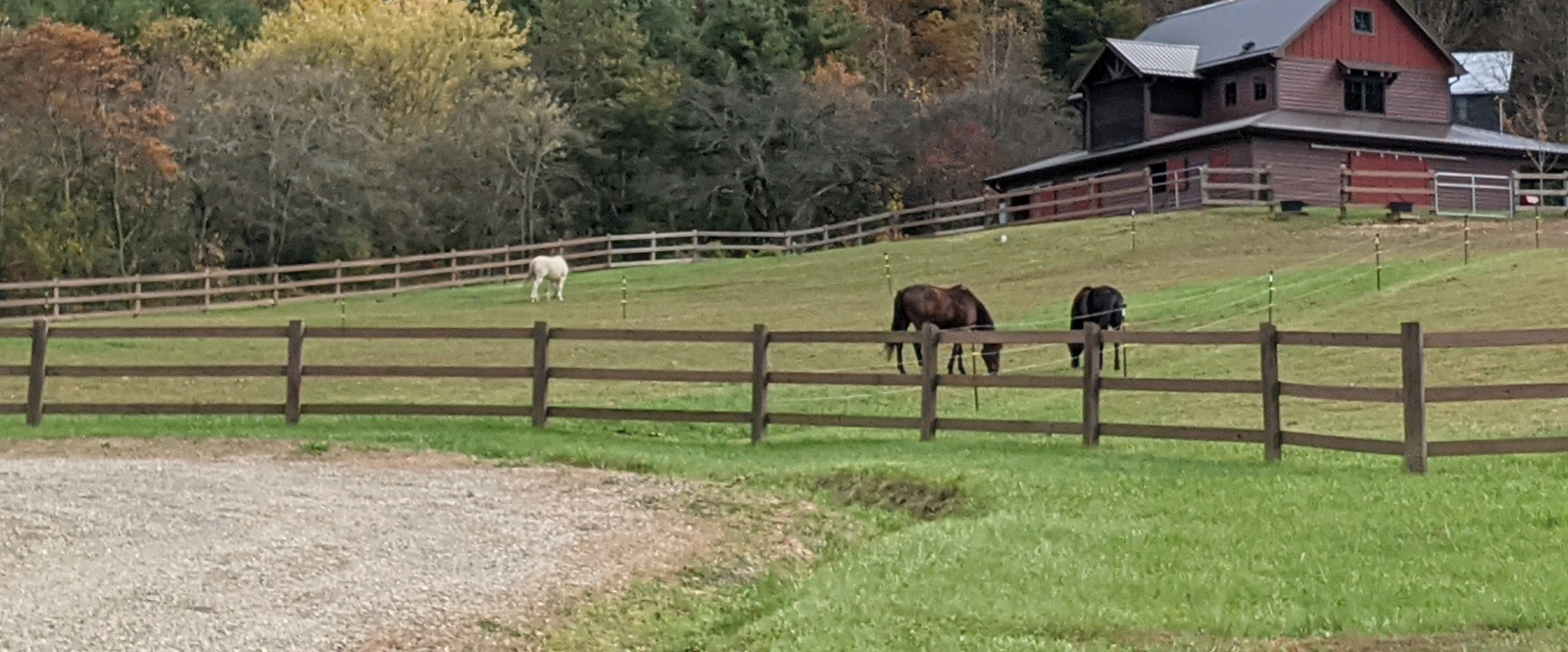Equine Assisted Therapy
The Equine Enrichment Program offers a variety of therapeutic and learning
opportunities for each participant through relationship development with an equine companion. Learning how to care for horses increases motivation to practice self-care and improves self-efficacy.
Creating a caring partnership with a horse can promote a mutually enriching and rewarding experience. Participation in the Equine Enrichment Program creates motivation and requires discipline. Developing a relationship with a horse becomes a healthy incentive.
The Equine Enrichment Program is based on the principles of:
Safety
Curiosity
Respect
Learning
Relationships
Fun
The Program
“We protect the horse from harm and do not place or stage horses in an environment that could elicit a fear or stress response in hopes of benefitting the client.”
The Equine professional conducting the Equine Assisted Psychotherapy session, will evaluate all horses participating in the Equine Enrichment Program according to standards outlined by PATH Intl. and Natural Lifemanship training standards. Horses are assessed before sessions to be sound, healthy and exhibiting an attitude that would be conducive to a safe and rewarding experience for our participants and horses. Participants are assessed for placement in a session based on interest and the willingness to engage in a relationship that reflects the Equine Enrichment program principles and the Natural Lifemanship Principles which is the framework of how we engage with horse and human companions.
If you would like to learn more about the human-horse relationship dynamic, click below
Why Equine Assisted Therapy?
The benefits of Equine Assisted Therapy…
include but are not limited to: exploring and understanding inter-relational dynamics through animals, support experiential and kinesthetic learning styles and requires the participant to respect, set, and hold appropriate boundaries; practice assertive communication, critical thinking and problem solving skills; increase self-discipline and self-esteem; and build emotional awareness through interaction with the horse providing an immedicate feedback loop. Participants identify healthy and unhealthy relationship patterns that appear in other areas of their lives as these patterns surface in their interactions with their equine companion. This experience helps to foster an improved understanding of relationships dynamics. Participants learn to integrate these relationship, communication, social engagement, and cognitive and emotional skills into everyday life.
